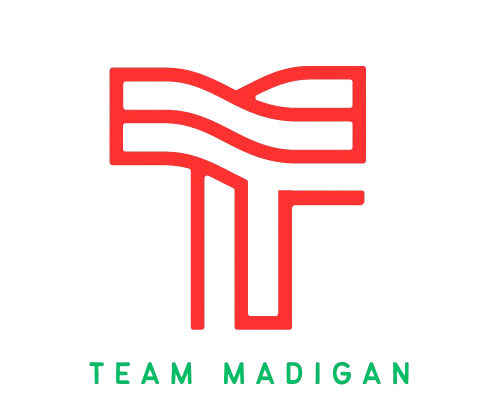The foundation of a Skills Matrix Template lies in its ability to map the skills required for various roles against the competencies of individual employees. This mapping process begins with identifying the critical skills that align with the organization’s objectives. These can range from technical skills relevant to specific job functions to soft skills such as communication, leadership, and problem-solving abilities. Once the relevant skills have been established, the template can be customized to suit the unique needs of the organization, ensuring that it captures the essential competencies required for success.
One of the primary benefits of utilizing a Skills Matrix Template is its role in promoting employee development. By clearly outlining the skills possessed by each employee, organizations can tailor training and development programs to address specific skill gaps. This targeted approach enhances the effectiveness of training initiatives, as employees are more likely to engage with content that directly applies to their growth needs. As individuals enhance their skills, they become more competent in their roles, leading to increased job satisfaction and overall productivity.
In addition to fostering individual development, a Skills Matrix Template enhances collaboration within teams. By visualizing the skills available Skills Matrix within a group, team members can leverage each other’s strengths to achieve common goals. This shared understanding fosters a culture of cooperation and knowledge sharing, where employees feel empowered to seek assistance from their peers. When teams work collaboratively, they are more likely to innovate and solve problems effectively, driving better outcomes for the organization as a whole.
Furthermore, a Skills Matrix Template serves as a strategic tool for workforce planning. By regularly updating the matrix, organizations can gain insights into their current skills landscape and identify areas where additional training or hiring may be necessary. This proactive approach enables companies to align their talent management strategies with future business objectives, ensuring they have the right skills in place to navigate evolving market demands. By addressing skill gaps proactively, organizations can enhance their competitive advantage and position themselves for success.
The recruitment process also benefits from the implementation of a Skills Matrix Template. With a clear outline of the skills required for each position, hiring managers can target candidates who possess the necessary competencies. This focused approach can lead to more effective hiring decisions and help organizations build a team that complements existing strengths. Additionally, the Skills Matrix can aid in the onboarding process by providing new hires with a clear understanding of the skills present within their team, allowing them to identify potential mentors and collaborators.
In summary, a Skills Matrix Template is an invaluable resource for organizations striving to optimize their talent management efforts. By providing a comprehensive overview of employee skills and competencies, this template facilitates employee development, enhances collaboration, informs strategic planning, and streamlines recruitment processes. In an increasingly competitive landscape, leveraging a Skills Matrix Template can empower organizations to cultivate a skilled and engaged workforce capable of meeting both current challenges and future opportunities. Ultimately, the successful implementation of a Skills Matrix Template reflects a commitment to understanding and nurturing the talent that drives organizational success.
